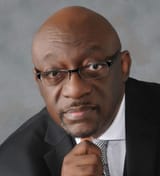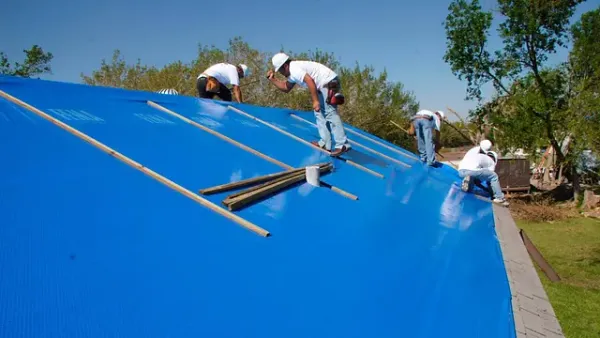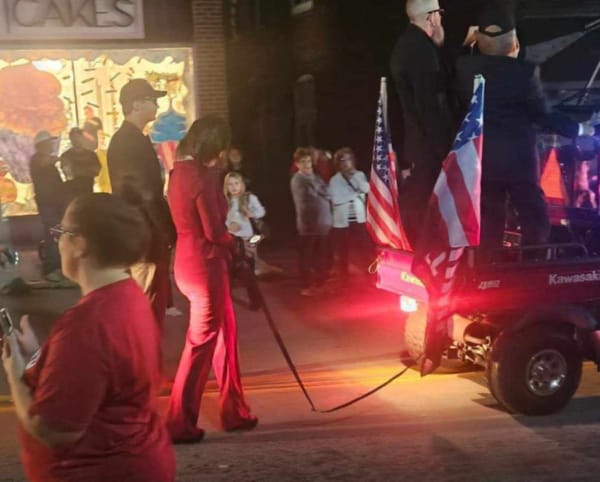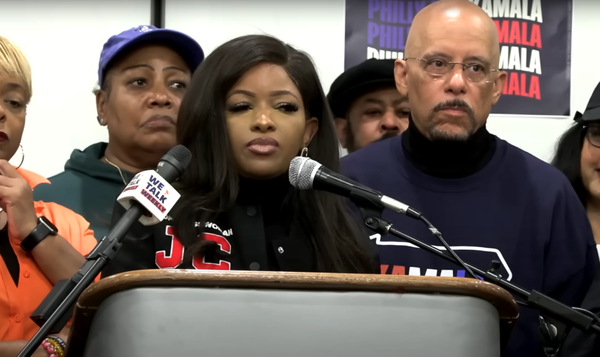Louisiana Law Limiting Police Filming Raises Racial Justice Concerns, Attorneys Say
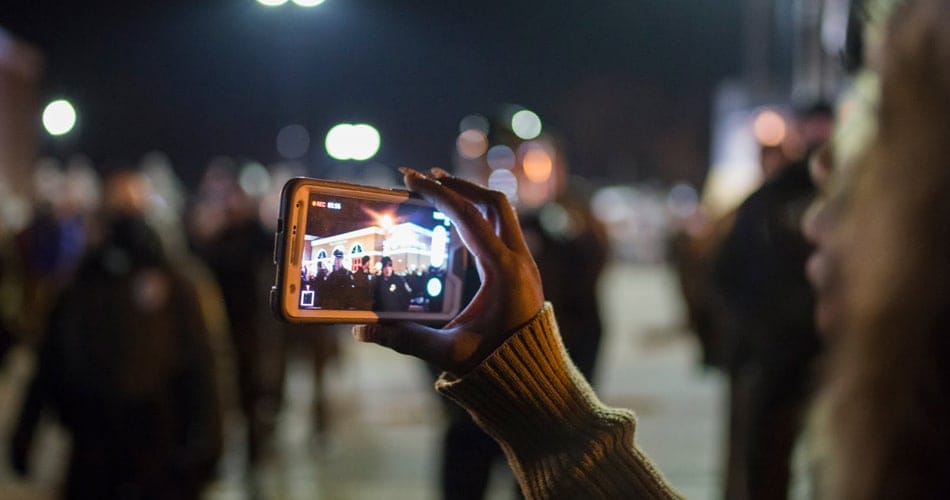
BATON ROUGE, La. (AP) — A new Louisiana law that criminalizes approaching within 25 feet of a police officer under certain circumstances is drawing fierce criticism from civil rights attorneys. They argue it undermines efforts for racial justice and violates First Amendment rights, particularly affecting African American communities.
Signed this week by Republican Gov. Jeff Landry, the law could impede the public’s ability to film police officers, a critical tool for exposing misconduct. High-profile incidents, such as the 2020 killing of George Floyd by a Minneapolis police officer, were brought to light through bystander cellphone videos, often taken by Black witnesses.
“Preventing people from witnessing potential injustices firsthand is a significant setback for civil rights,” said Shean Williams, an attorney with The Cochran Firm in Atlanta. Williams emphasized the vital role that images of police actions during the civil rights movement played in advancing racial justice. “This law directly impacts our ability to hold police accountable, a crucial aspect of our fight for equality.”
Proponents of the law argue that it provides a necessary safety buffer for officers while still allowing sufficient proximity for filming police interactions. Florida Gov. Ron DeSantis, who signed a similar law in April, stated it would protect law enforcement officers from harassment while performing their duties.
Louisiana state Rep. Bryan Fontenot, the law’s author, asserted that the legislation is designed to offer officers "peace of mind and a safe distance" during their duties. “At 25 feet, it’s much harder for someone to physically interfere with an officer,” Fontenot explained.
However, civil rights attorneys argue that existing laws already criminalize obstructing police work, making the new law redundant. Gerry Weber, a constitutional law expert in Atlanta, pointed out that the Louisiana law creates a presumption of interference if someone is within 25 feet after being warned.
“The key question in other states is whether the conduct disrupts the officer. This law presumes interference based on proximity alone,” Weber said. He has previously secured a settlement requiring Atlanta police to stop interfering with public recordings of officers.
Similar laws have faced legal challenges. In 2022, Arizona passed a law banning filming police within 8 feet if warned to stop, but a federal judge blocked it, citing First Amendment concerns.
The Louisiana law, effective August 1, does not explicitly mention filming but prohibits “knowingly or intentionally” approaching an officer engaged in official duties after being ordered to stop. Violators could face fines up to $500, 60 days in jail, or both.
Susan Meyers, a senior staff attorney at the Southern Poverty Law Center, emphasized that courts have consistently upheld the right to observe and film police activities in public. “There are very few ways for the public to hold these public servants accountable without the ability to record their actions,” she said.
Alanah Odoms, executive director of the ACLU of Louisiana, recounted her experience of being stopped by police last year under dubious circumstances. Filming the encounter provided her with reassurance. “Without the ability to film, ensuring police accountability becomes significantly more difficult,” Odoms noted.
For many in the African American community, this law represents a step backward in the ongoing struggle for justice and equality. The ability to document police encounters is seen as a vital tool in protecting Black lives and holding law enforcement accountable. As the law takes effect, its impact on community-police relations and civil rights will be closely watched.

